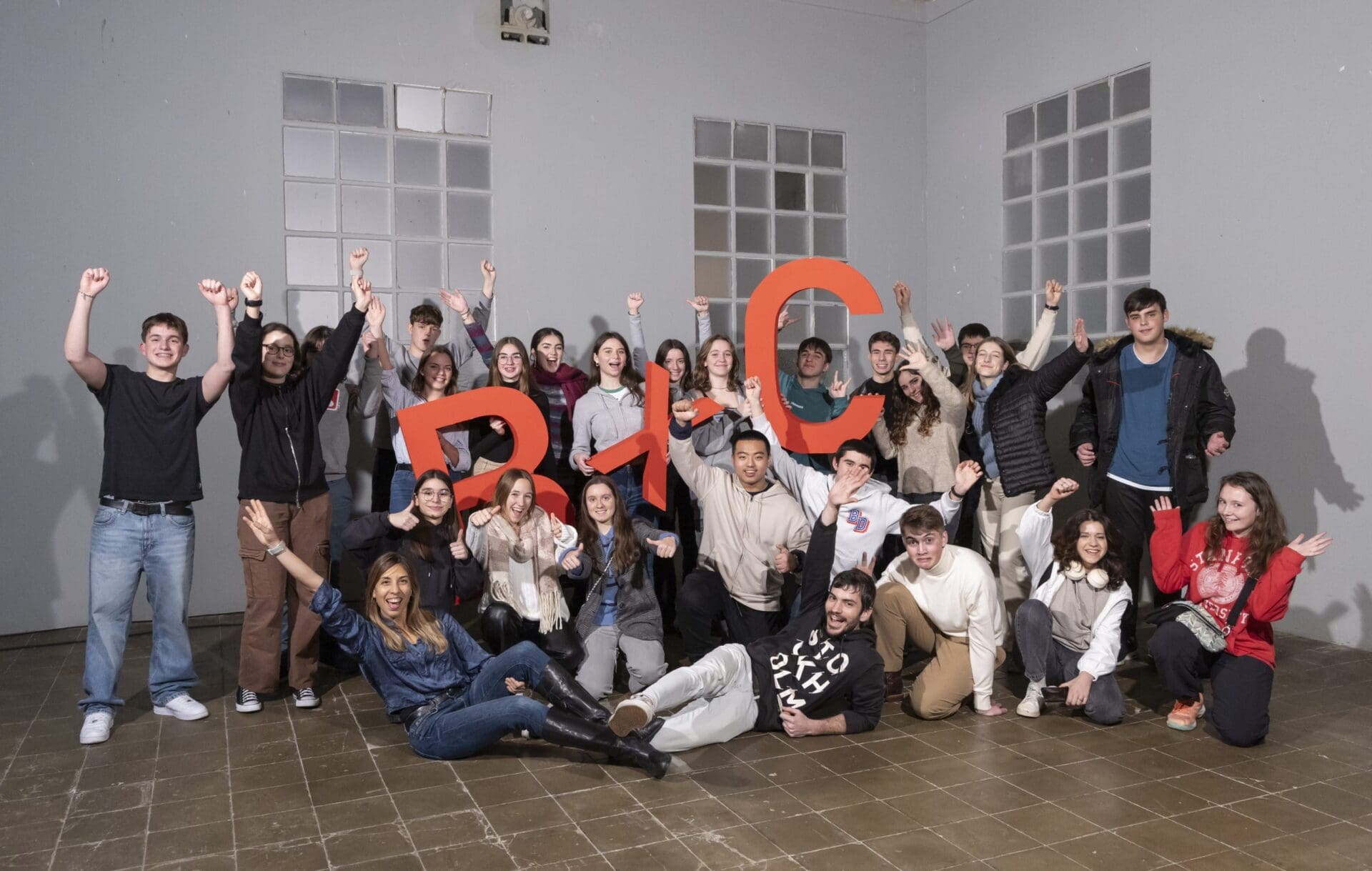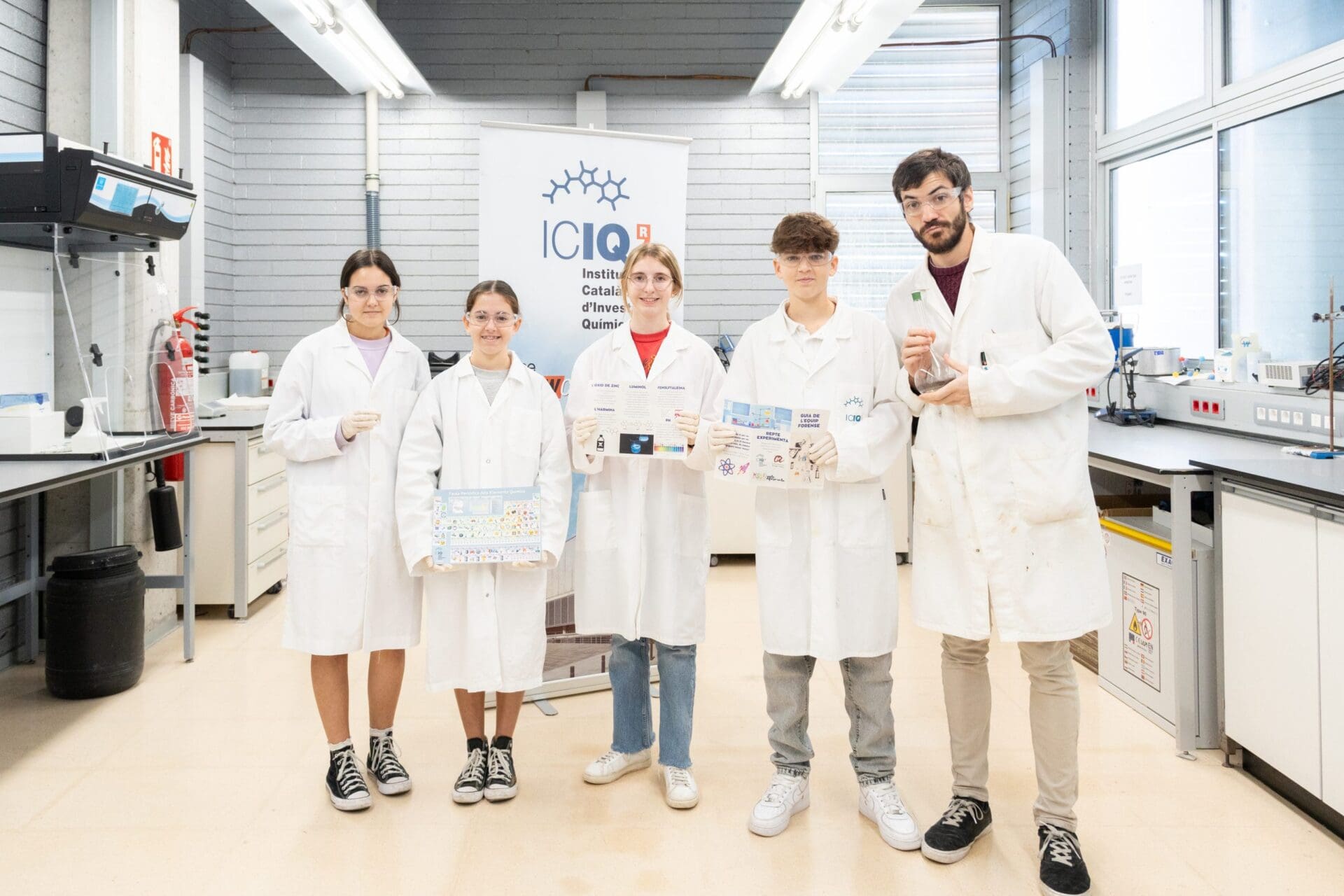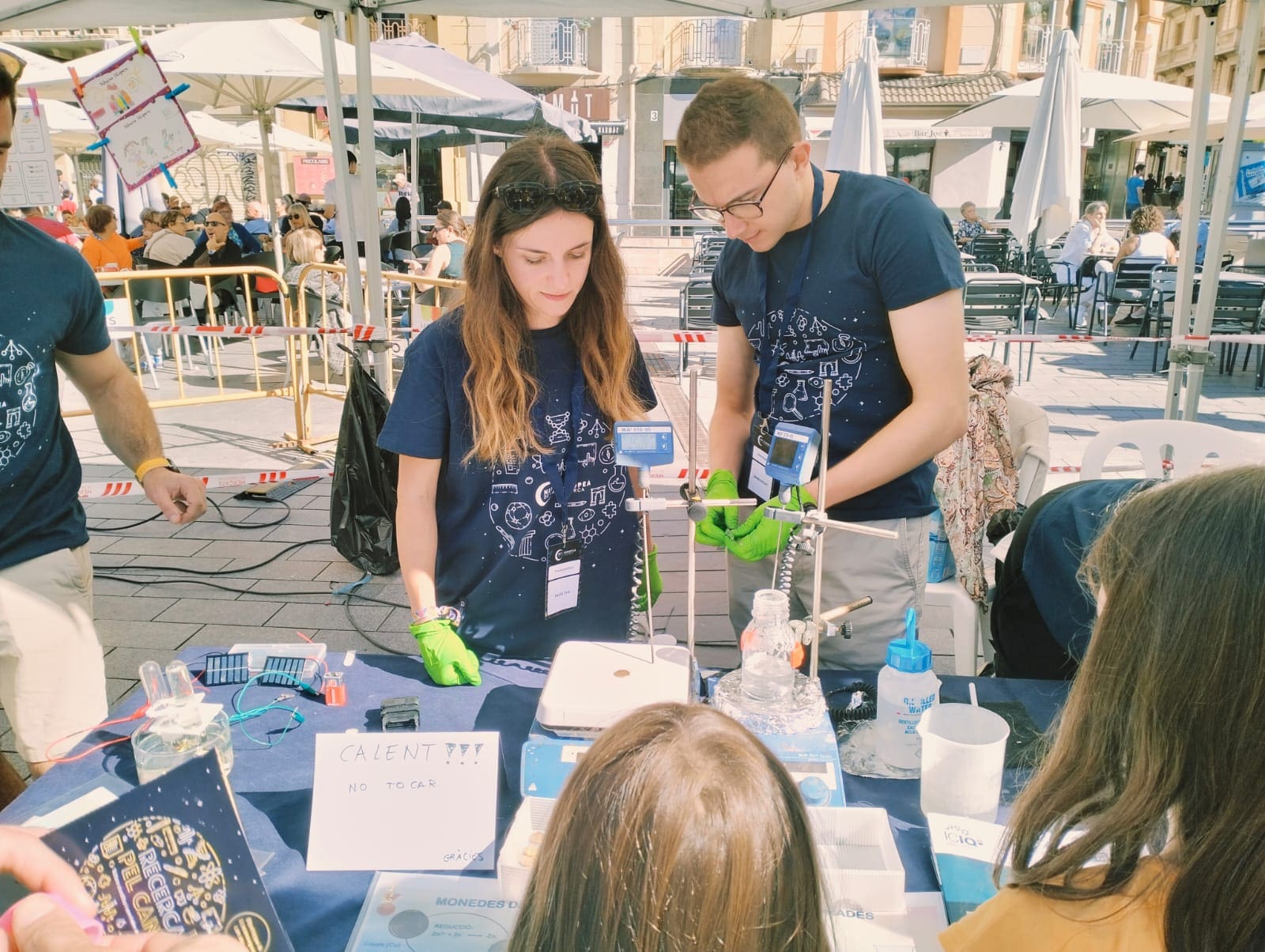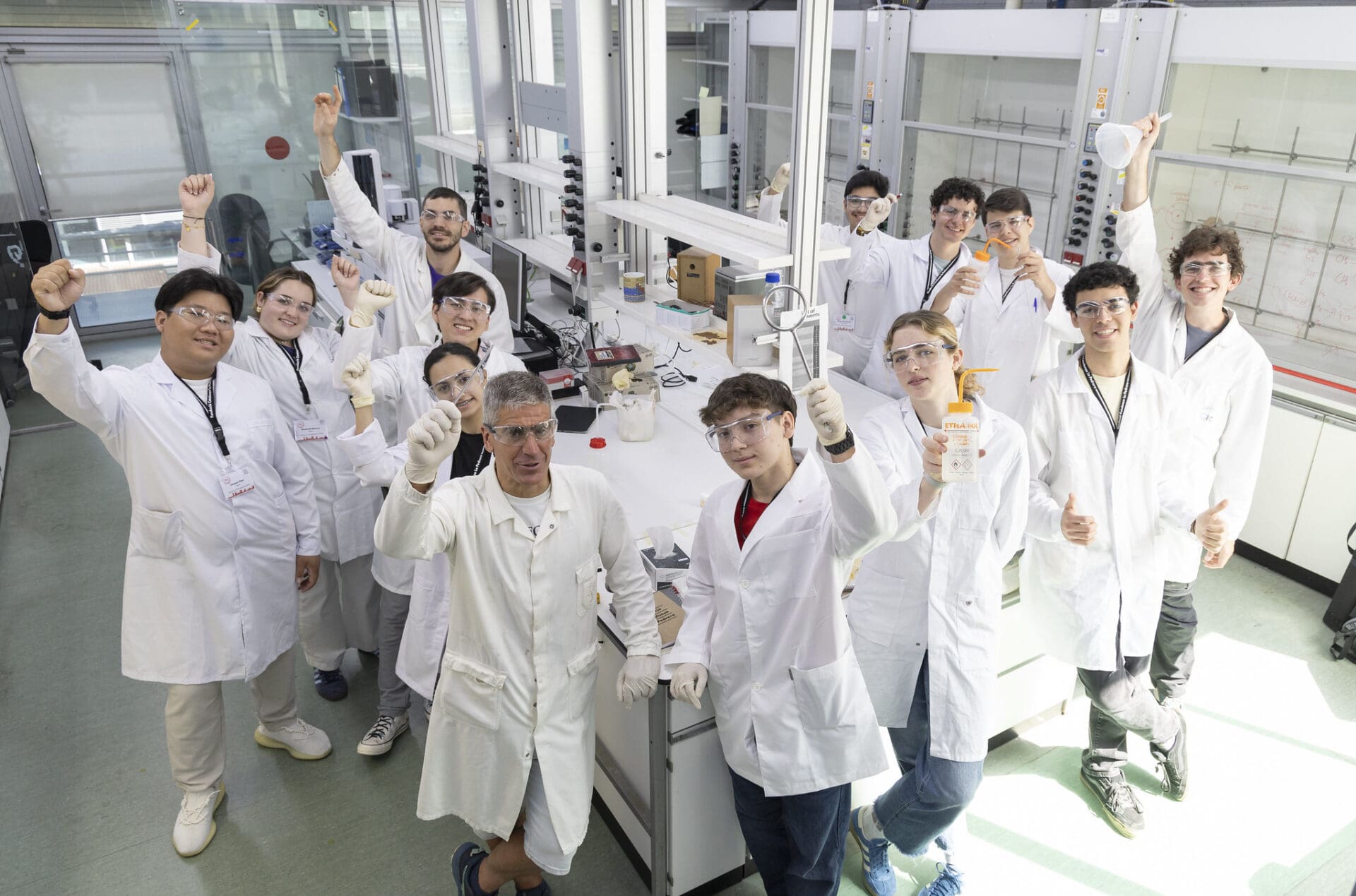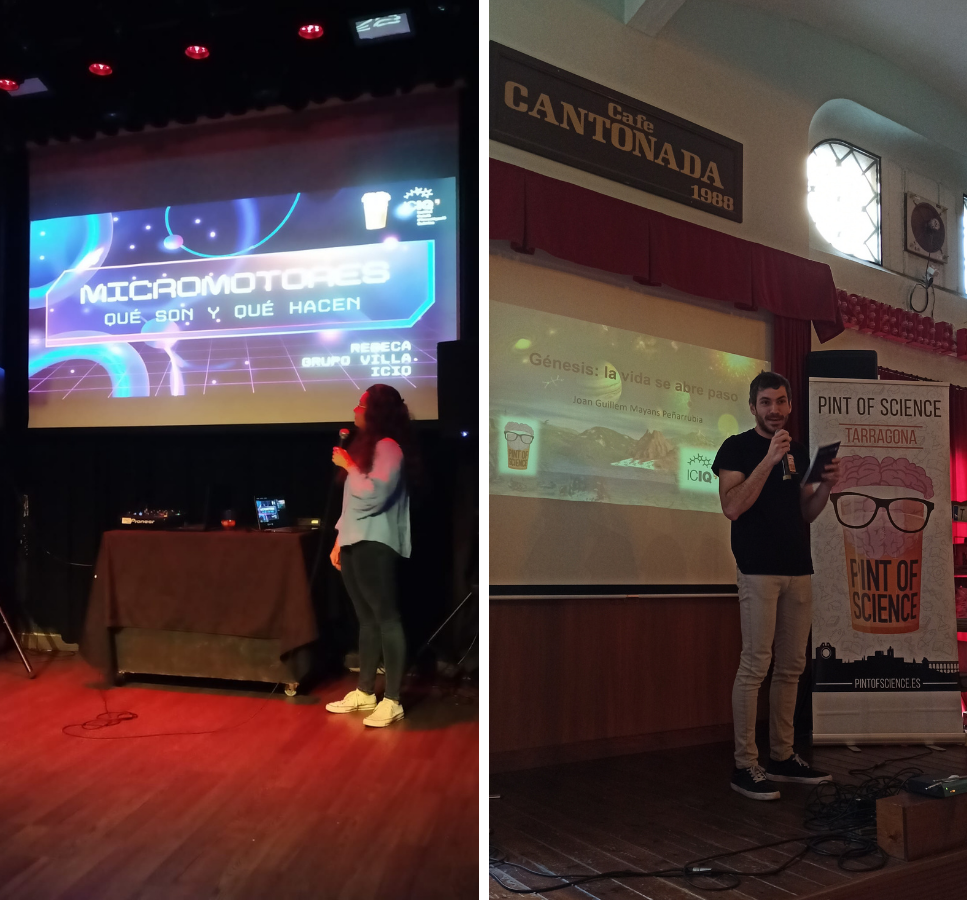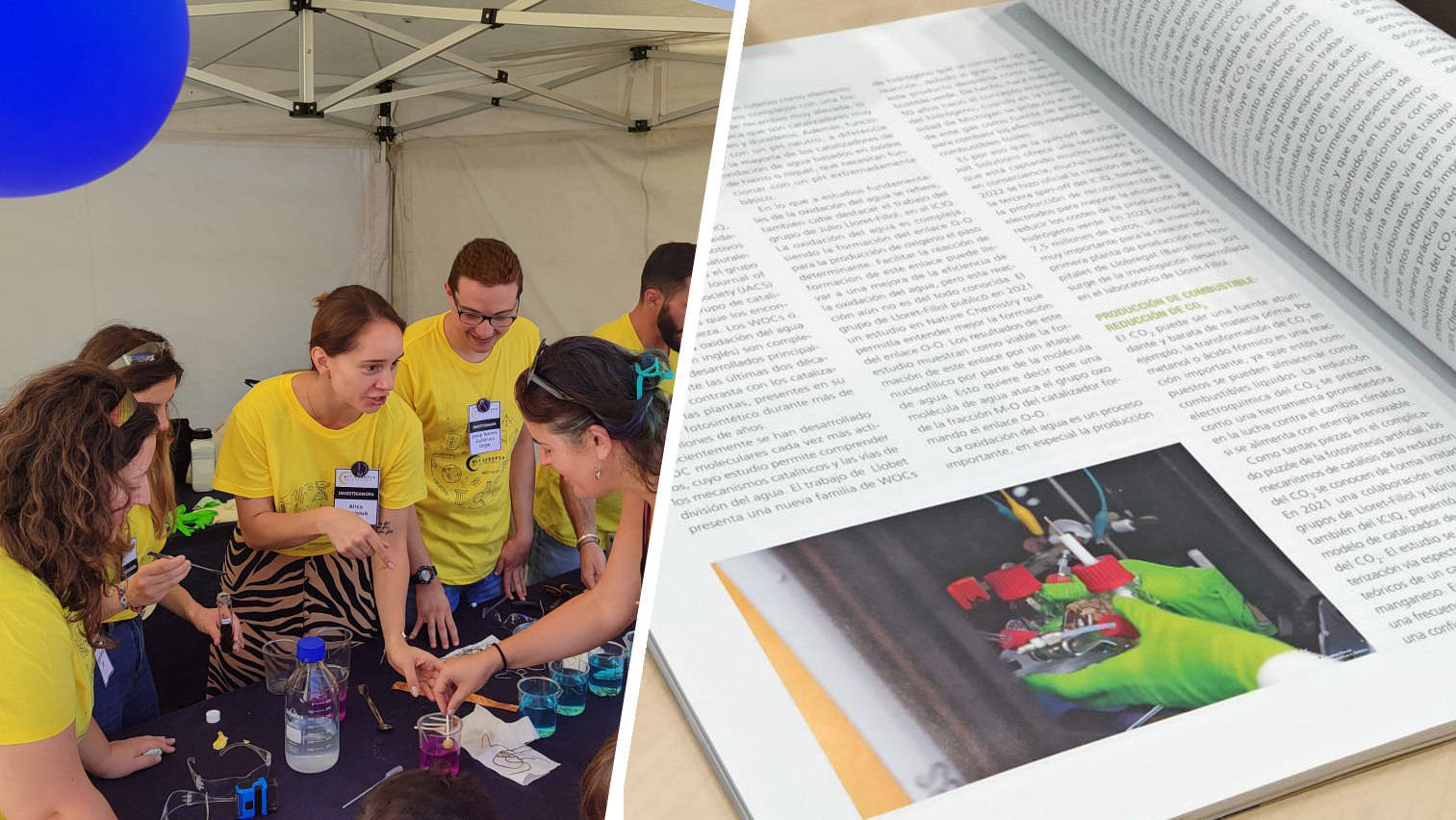Face to Face with James Barber
 Professor James Barber is the Ernst Chain Professor of Biochemistry at the Imperial College London, Visiting Professor to Nanyang Technological University, Singapore and Visiting Professor to the Politecnico di Torino, Italy. Professor Barber works primarily on the molecular processes of photosynthesis. Much of his work has focused on Photosystem Two, a biological machine able to use light energy to split water into oxygen and reducing equivalents. Professor Barber contributed greatly to this subject by elucidating the structure of the catalytic centre for this reaction. We had the pleasure to welcome him to ICIQ and to listen to his talk on Artificial Photosynthesis. He very kindly agreed to talk to us for our ‘Face to Face’ and I have to say it was a very enjoyable and interesting interview.
Professor James Barber is the Ernst Chain Professor of Biochemistry at the Imperial College London, Visiting Professor to Nanyang Technological University, Singapore and Visiting Professor to the Politecnico di Torino, Italy. Professor Barber works primarily on the molecular processes of photosynthesis. Much of his work has focused on Photosystem Two, a biological machine able to use light energy to split water into oxygen and reducing equivalents. Professor Barber contributed greatly to this subject by elucidating the structure of the catalytic centre for this reaction. We had the pleasure to welcome him to ICIQ and to listen to his talk on Artificial Photosynthesis. He very kindly agreed to talk to us for our ‘Face to Face’ and I have to say it was a very enjoyable and interesting interview.
When did you decide to become a scientist and why?
I was always interested in science as a young boy: I had a chemistry set, I liked gardening and at school I was good at science and mathematics.
What do you like and enjoy the most in your job as a biochemist?
‘One of the great problems is satisfying the energy requirements of the ever increasing population of the planet, which is at present 7 billion people and rising’ These days I am enjoying focusing my efforts on the great challenge of developing new technologies for energy production based on my knowledge of photosynthesis. I feel very lucky to have a job which involves the discovery of new information and contributing to new knowledge. That is a wonderful thing.
What do you see as the greatest achievements in your career to date?
Most of my research career has been driven by the desire to understand how photosynthetic organisms split water and make the oxygen that we breath. So the greatest highlight in my career was the determination of the molecular structure of Photosystem II using X-Ray crystallography.
From your point of view, what are the most important areas in which funding should be spent on?
A very difficult question… It depends on how you look at it. If you look at it as an individual you may say it is very important to spend money on medical research because, as an individual, you could benefit from new developments in the therapy, for example a cure for cancer. However, when you stand back and look at problems form the global perspective, one of the great problems is satisfying the energy requirements of the ever increasing population of the planet, which is at present 7 billion people and rising. So I think we should be funding research aimed at developing new technologies for energy production which do not impact on climate change. Surely, giving the urgency, it seems to me that this challenging area of research should be funded at a level at least as great as that for medical research.
In particular we should be investing in new science, particularly chemistry, in order to come up with new systems of making energy available from renewable sources, particularly solar energy.
Could you tell us a funny anecdote that happened in your lab or your life as a researcher?
Many years ago, I was doing some experiments in which I was convinced that, as I changed the concentration of the substance, the effect I was looking at would follow a straight line. I could not understand that this was not the case. I had a preconceived idea that it should be but when I looked carefully at some mathematical equations governing the phenomenon it became very clear that I should observe a curve in the way that the experiment was showing me. The experiment was right and I was wrong.
So, in the end of the day, when you do experiments, you must believe the results and adapt your interpretation to them. That is, you mustn’t get too dogmatic, a lesson I have slowly learnt over the years.
What do you do in your spare time?
Oh! My spare time! I don’t do all the things I would have loved to have done in my life.
I am a very physical person and I have a cottage in the country. I do a lot of gardening and I do silly things like cutting my head here (pointing a cut in his eyebrow), cutting down a tree recently. DIY (do it yourself) in the house and building things has also been an important component of my spare time. All my life I have done a lot of work with my hands probably because I trained as an engineer when I was a student.
PROUST/ICIQ QUESTIONNAIRE
A chemical element: Manganese
Favourite Scientist: George Porter
Your favourite invention: The aeroplane. The way we can transport ourselves around the world in just a few hours is just amazing.
If you had not been a biochemist… I have to go back to when I was a child and I wanted to be a farmer or a market gardener. I was interested in the scientific side of agriculture and horticulture.
Favourite destination: My cottage in Sussex.
A book: I like biographies: something that is real about people’s lives and the success they have had.
A dream: My dream was to obtain a crystal structure of PSII, the water splitting enzyme, which came true!
Science is… the pursue of new knowledge hopefully for the benefit of mankind.
Related news

Let's create a brighter future
Join our team to work with renowned researchers, tackle groundbreaking
projects and contribute to meaningful scientific advancements





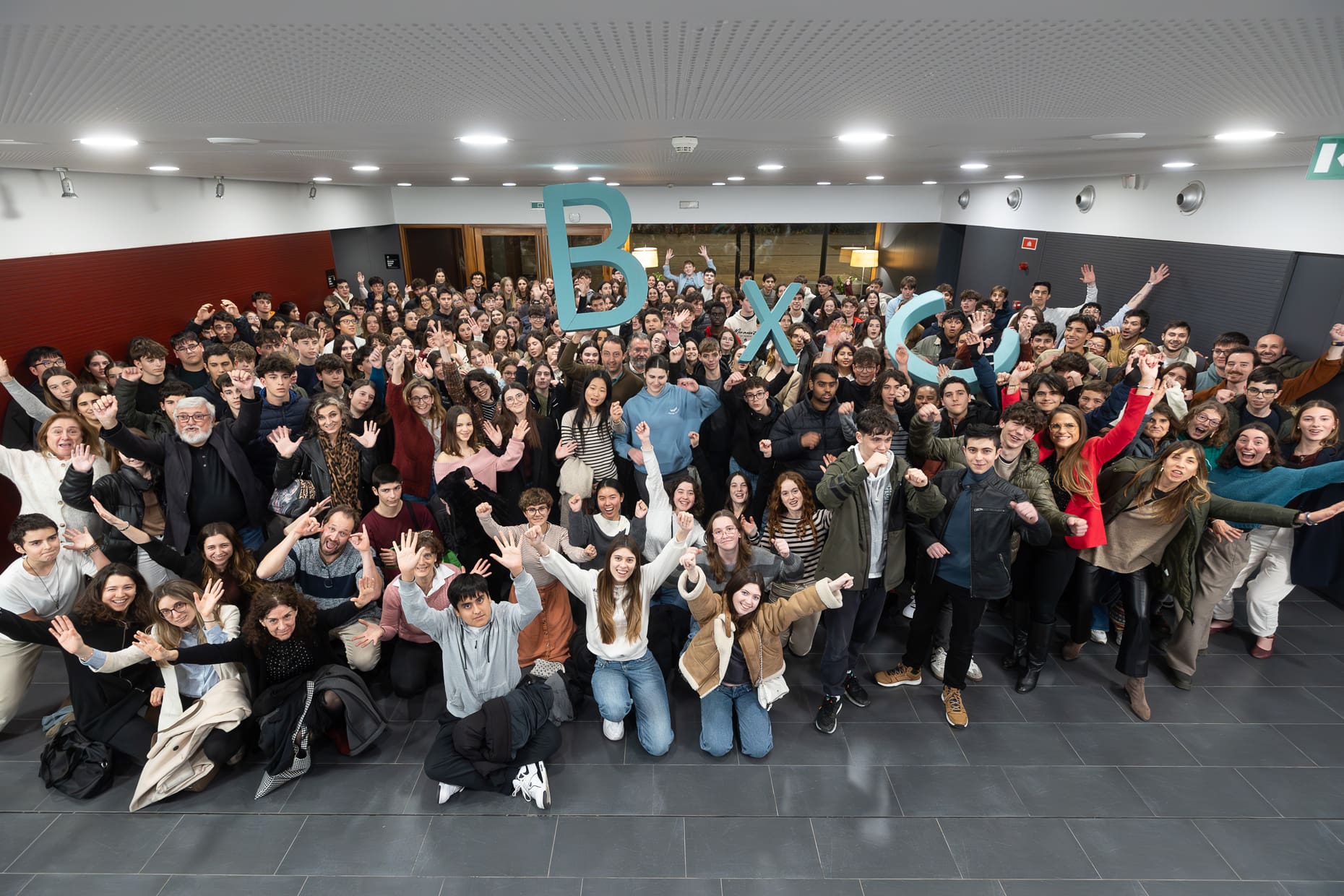
 15-01-2025
15-01-2025 